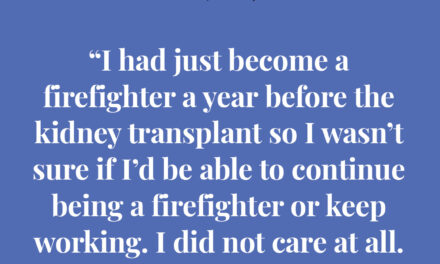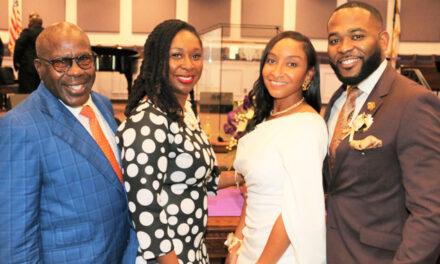(Photo by Alex Wong/Getty Images)
https://www.c-span.org/video/?520237-1/house-judiciary-committee-examines-abortion-access-care
An Alabama OBGYN who runs one of three clinics that provide abortions in the state urged Congress on Wednesday to protect access to abortions, which she called “essential health care.”
Dr. Yashica Robinson, medical director of the Alabama Women’s Center for Reproductive Alternatives, board member of Physicians for Reproductive Health and a board-certified OBGYN, testified before the House Judiciary Committee that mortality rates for pregnant women will increase if Roe v. Wade is overturned.
“It is undeniable that without access to abortion, maternal mortality rates will continue to rise,” Robinson told the committee. “I cannot emphasize enough that abortion is essential health care.”
The hearing was held in the wake of the leaked U.S. Supreme Court draft opinion written by Justice Samuel Alito that indicated a majority of the court voted to overturn federal abortion rights.
Robinson, who runs a busy Huntsville OB/GYN clinic, spoke of patients who drove 12 hours to her clinic because of abortion restrictions in their states or the lack of access to a facility, and others who slept in their cars overnight because of mandatory delay periods.
“Things are only going to get worse as states move to ban abortion should the protections of Roe and Casey … be overturned,” she said, referring to Planned Parenthood v. Casey, the 1992 ruling that upheld Roe.
In Alabama, Robinson noted, black women are five times more likely than white women to die of pregnancy-related causes. In the United States, pregnant black women are three times more likely to die than pregnant white women.
“Systemic barriers, racism and white supremacy are at the roots of both our maternal health crisis and our abortion access crisis,” Robinson said.
Receiving or providing abortion care should not be criminalized, she said, as states, including Alabama, have passed laws punishing either abortion providers or women who seek abortions that the new laws would ban.
“The bottom line is this: abortion is healthcare, and this is essential care that we must protect,” Robinson said.











